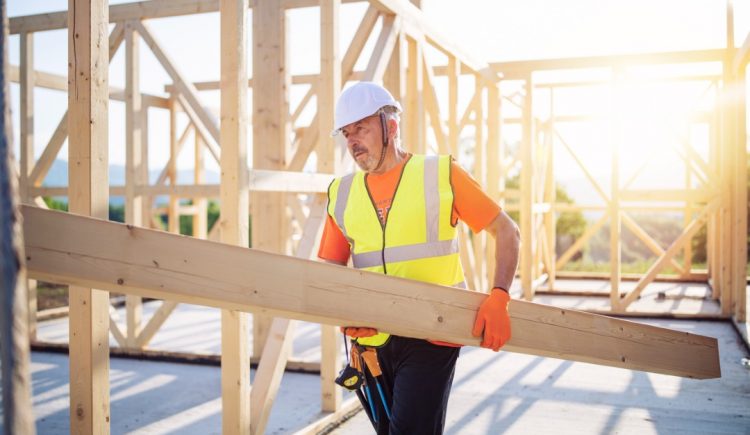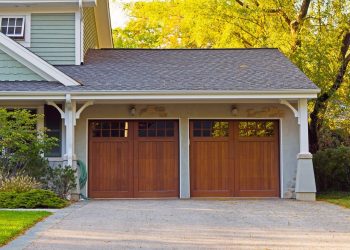Insuring a house is relatively straightforward—the owner purchases a homeowners insurance policy. When a house is under construction, things can get more complicated. If you’re planning to have a house built, make sure you understand the coverage requirements and discuss them with your contractor and insurance agent.
Builders Risk Insurance
While a house is being constructed, the materials and tools used to build it are at risk of damage from accidents and weather, as well as theft and vandalism. Since the risks are so high, some insurance companies offer builders risk insurance, also known as dwelling under construction coverage or course of construction insurance.
Dwelling under construction insurance will protect a house while it is being built. It will cover risks to building materials, whether they are on the construction site, stored at another location or being transported to the building site. A policy can also cover specific weather-related perils.
Insurers that offer builders risk policies can customize coverage with a total property limit and policy term of the owner’s choice. Builders risk insurance doesn’t cover many areas that a standard homeowners insurance policy does, such as personal property, liability, living expenses and medical payments to others if they are injured on the policyholder’s property.
Either the contractor or the owner can be listed as the Named Insured and the other can be designated as the Additional Insured on a builders risk policy. The contractor will need commercial liability and worker’s compensation insurance.
Homeowners Insurance
Due to the amount and nature of the activities while a house is being built and security concerns, a house under construction is hazardous. For this reason, some homeowners insurance companies won’t cover a house while it’s being built.
If you are able to insure the house you are having built under a homeowners policy, it will cover both property damage and liability. A contractor can usually be added to a homeowners insurance policy as an “Additional Interest.” That designation can protect the contractor’s financial interests, but it won’t provide liability coverage. The contractor should therefore have commercial liability coverage and worker’s compensation insurance.
How to Choose the Right Insurance Coverage
Consult an insurance agent before you finalize your building plans to make sure there aren’t any details about your project that could make it difficult to purchase an appropriate insurance policy. Coverage options for homes under construction vary by state and company. An insurance agent can provide specifics, answer questions about coverage details and help you compare plans and premiums.











